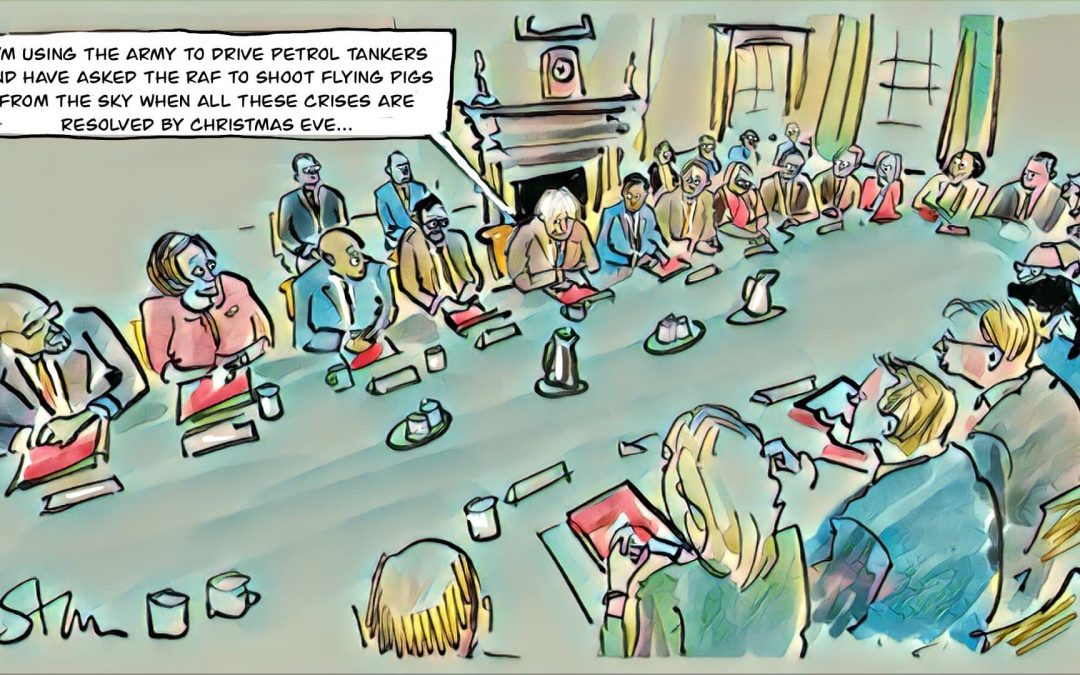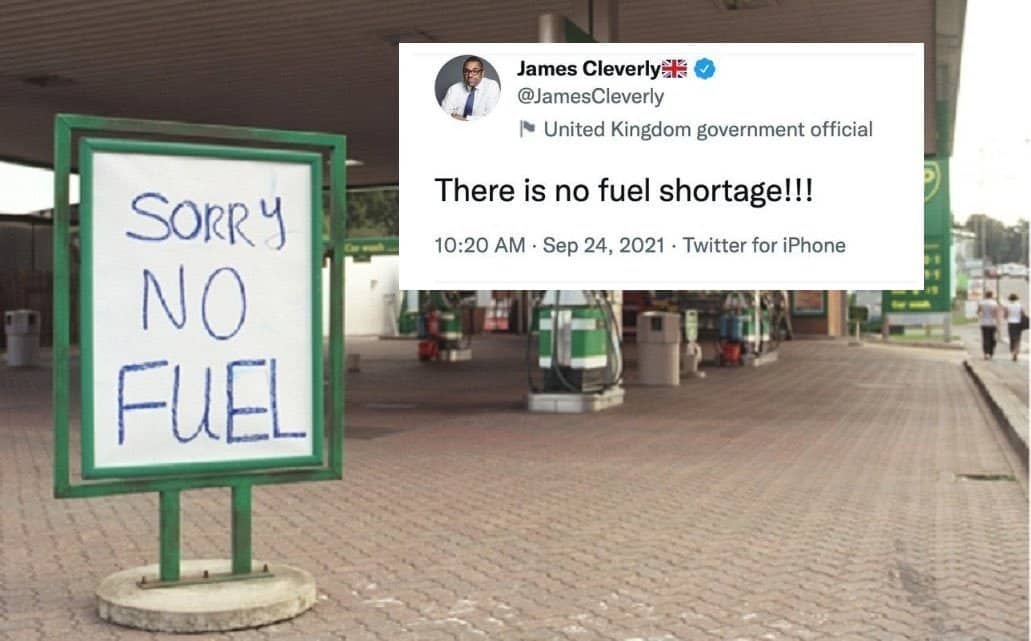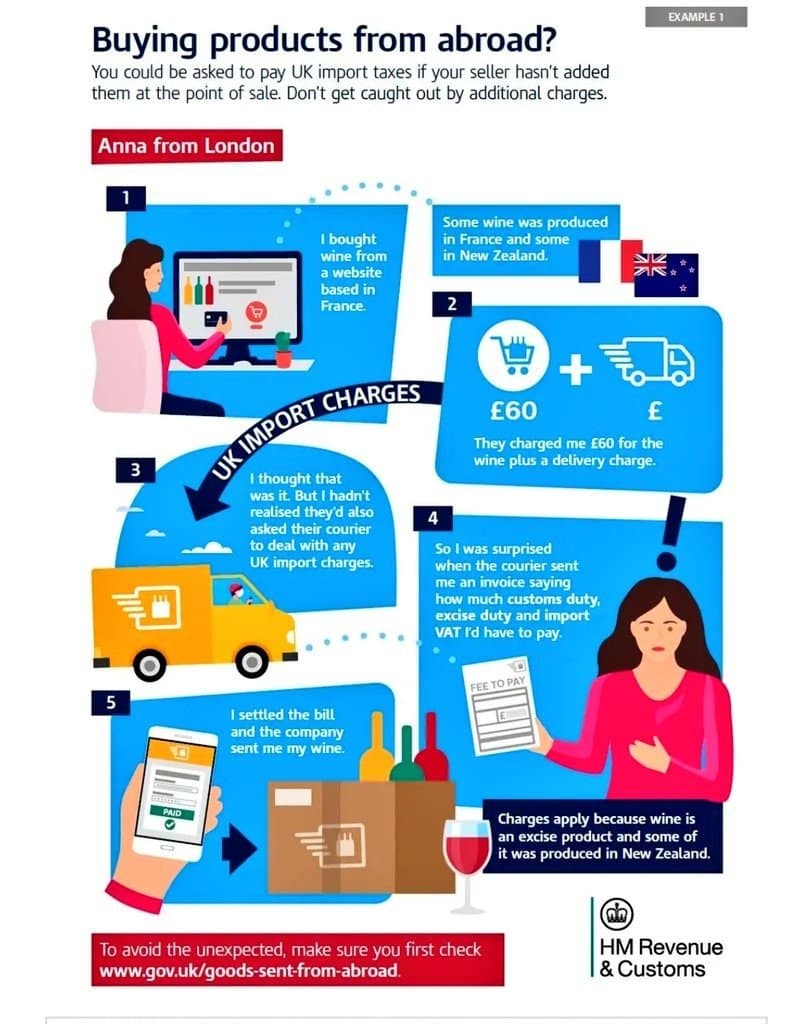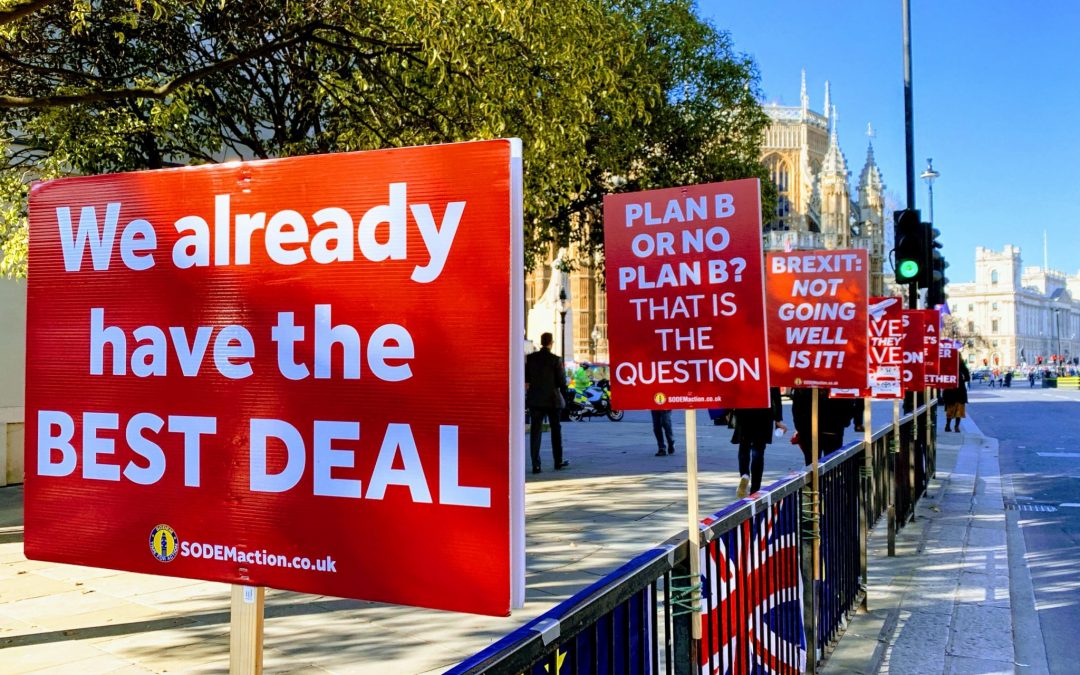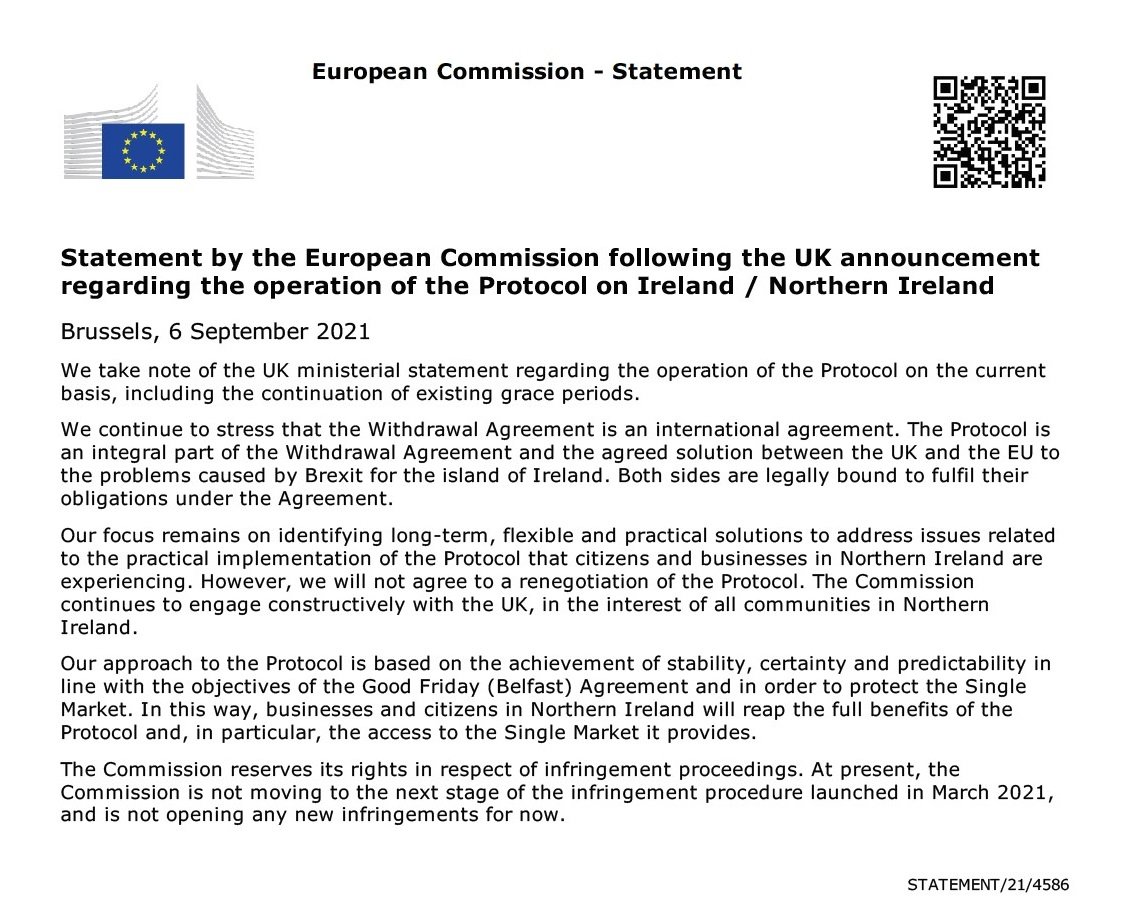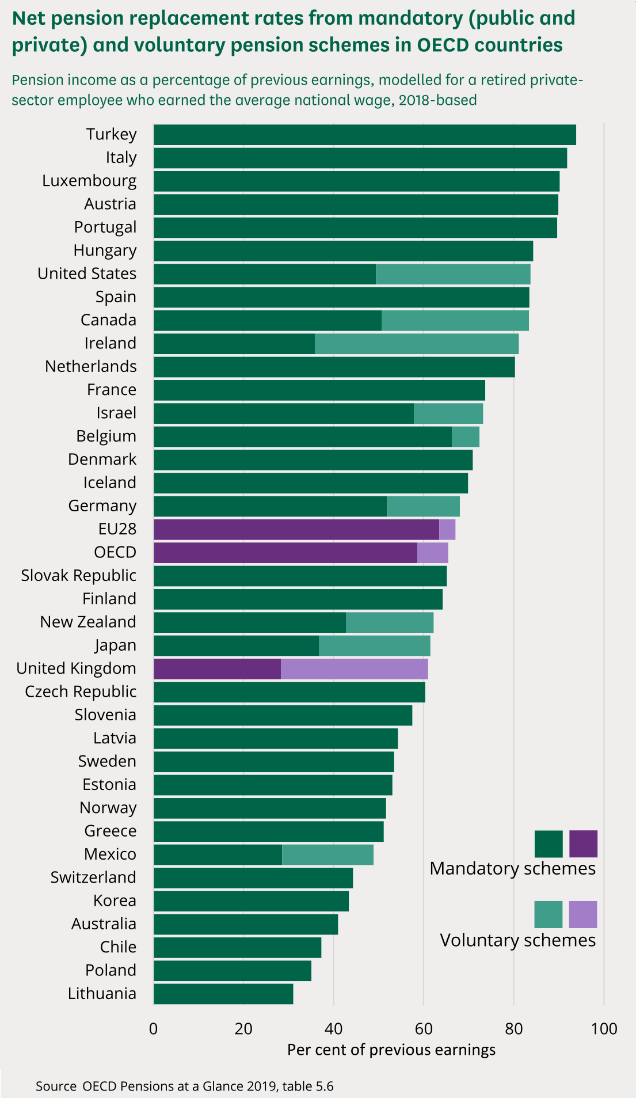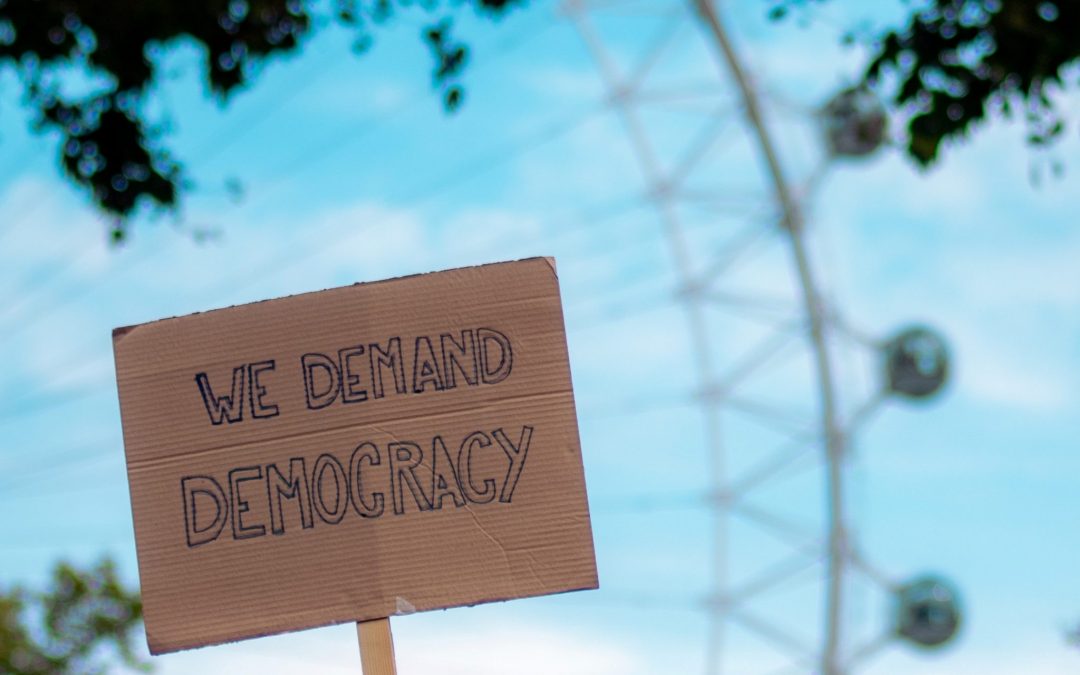
Closing doors: Brexit and TEFL teaching in Spain
West Country Bylines has recently highlighted how Brexit is affecting the language teaching sector in the UK, with dire impacts on school trips abroad and on the TEFL sector in the UK. Teaching English as a Foreign Language (TEFL) has also, for many years, provided many British people with an opportunity to move abroad, selling one of the UK’s most valuable assets: our global language! For countless people from the UK, TEFL has been their gateway to Europe.
A tale of three teachers, by Bremain Council Member Helen Johnston for West Country Bylines.
Francine Anne Coello White moved from the UK to Spain in 1975 with a work contract as a primary teacher in a private school.
“I spent months going round in circles, as to get a work permit it was necessary to have a residency permit and vice-versa, but I eventually got both. I was signed on to the health system, had my driving licence exchanged for a Spanish one, and paid taxes. The permits had to be renewed every two years at first, then every five years, but it was near impossible to get my teaching qualification validated. After Spain joined the EU, I was granted permanent residency and my qualifications were validated after passing a Spanish language exam!”
In 1995, John Bentley moved to Spain on a one-way ticket. He had no job, no Spanish and just £500.
“Within three days I had a place to live and within a week I had job at a local English school. When they told me the social security card that went with the job gave me the same access to healthcare as a Spaniard, I was amazed and grateful. None of this would have been possible without freedom of movement. As a native English speaker, teaching my own language is a service that is very much needed here. I am not “stealing” jobs from the locals and have never been accused of doing so. After the Brexit referendum I acquired Spanish citizenship. This was both a relief and very sad for me. It may sound silly, but sometimes I take my ID card out of my wallet and realise how lucky I have been. Barcelona is my home and you’d have to drag me kicking and screaming to go back to the UK”.
25-year-old Edinburgh music graduate Hakan Auchinleck-Onal is a qualified TEFL teacher with experience teaching online for a Chinese language school. He was hoping to use his qualifications and experience to move to Barcelona. But as soon as he started investigating what he would need to do to find work, he hit a wall. Asking for advice on a Barcelona English teachers’ Facebook group, he was repeatedly told not to bother. Demand for teachers has not recovered yet to pre-Covid levels, and there are enough already in the country who meet the residency or citizenship requirements. He is now considering southeast Asia, as it would probably be easier to find teaching work there than in the EU at present: “being a recent university graduate who is eager to live and work in Europe” he says, “Brexit has made it extremely difficult with the end of freedom of movement”.
September is the start of a new academic year and, all over Spain, language academies are reopening their doors after the Covid crisis, and recruiting for new teachers. A quick scroll through the job advertisement sites confirms Hakan’s experience, with school after school specifying that applicants must be EU nationals, or already have permission to work in Spain.
A recent survey of recruiters by tefl.com found “the majority reported that, prior to Brexit, teachers were employed on the basis of their qualifications and experience, not nationality”. A current right to work in the EU was, however, taken into account. As third country nationals, British teachers no longer have that automatic right, and must obtain a work permit.
Catch-22
Many people considering the big move abroad had to put their plans on ice in 2020 because of Covid travel restrictions. This was particularly calamitous for potential migrants from (or to) the UK, as the freedom of movement door closed on 31 December 2020.
In order to get a work permit, you must have a prior job offer, and the employer must demonstrate that no suitably qualified EU national is available to fill the position. The visa takes months to obtain and the costs are prohibitive for both employer and employee.
But surely there must be a way for British teachers to move to Spain after Brexit? After all, Americans, Canadians and Australians have been coming here for years. So how do they do it?
The simplest way seems to be on a student visa. Spain allows foreign students to work for up to 20 hours a week. A student visa can be renewed for up to three years, so if you combine studying, which could include Spanish courses, advanced teaching qualifications, or any other subject, you can also work. After three years you can apply for residency.
Richard Davie runs TEFL Iberia, a teacher training company in Barcelona which has produced a useful guide to beating Brexit. They offer study packages including an initial TEFL certificate course, and ongoing Teacher Development courses, that qualify participants for a 12-month student visa. After an “extremely challenging 2020”, he says there is a lot of pent-up demand, “but young Brits definitely have to get used to this new reality of restrictions on study and movement. It will be difficult because there’s an entire generation of people who have been used to [freedom of movement], that’s all they’ve known. And all of a sudden they have to do a ton of paperwork to be able to come.”
The school has been helping Americans, Australians and non-Europeans through the process for many years, breaking it down to a step-by-step process. “Contact this person, fill in this form, send this here, get this translated. We have helped people through the process successfully, but the really restrictive thing is the cost, which will, sadly, filter out people with lower incomes.”
These costs include:
Student visa (£174 for 6-12 months)
Course fees (€1,200 (£1035 approx) for twelve months at TEFL Iberia)
Health insurance (approximately €400/£345 a year)
Medical certificate (charges vary)
Criminal background check carrying the Hague Apostille (£60)
Translations (£90 – £120 per document)
Evidence of funds (€564.90/£487 in the bank for every month in Spain)
The student visa option is useful for young people just starting their teaching careers. Twenty hours a week can provide sufficient income if you are prepared to live cheaply, renting a room in a shared flat, splitting bills. But the high costs, and the requirement to demonstrate you have sufficient financial resources to support yourself, mean you must either have substantial savings, or be able to draw on the bank of mum and dad.
But what if I am already qualified and experienced? I don’t want to be a student again! Is it possible to go to Spain as a tourist, find a job, then go home and obtain a work visa? As Richard explains:
“Technically yes, realistically, no. To get a working visa, the company has to advertise the job through official channels, ie the local council’s jobs board. It has to stay up for three months. Random people are going to apply. You have to interview them, reject them, and justify rejecting them. Then you can approach the government (probably via an immigration lawyer) to declare that this is the person for the job and there is nobody else locally who is suitable. The visa application takes about 5 months and costs around €1,000/£863. For a small company looking to fill an English teacher post, this is completely unsustainable”.
Even if you do find a way to work and become fully resident, there is no onward freedom of movement. If you want to move to another EU country, you will have to start the process all over again, according to that country’s rules.
Richard Davie believes that, while all this may be bad news for aspiring British migrants, it may not be such a bad thing for the TEFL sector in Europe.
“The young Americans and Australians that we get tend to be very good. All the effort involved means that those that make it are serious about teaching and working!” In the words of tefl.com, “Brexit has levelled this playing field”.
The luck of the Irish
Brexit has also put teachers from Ireland in a very strong position: tefl.com reports that the consensus from its research was that teachers from Ireland could now have a greater choice of EU jobs.
Terry Croft is the British owner of The Little School, a private English academy in the pretty town of Altafulla, on the Catalan coast. Naturally, Covid has been a bigger issue than Brexit for her business, but she doesn’t see the restrictions on UK teachers as a major problem for recruitment at present, as 90 per cent of the applicants for teaching posts come from another job in Spain.
She has had some Brexit-related grief recently, however:
“I offered a job to a teacher from the UK who was waiting to receive her Irish passport. The process of applying for papers to work in Spain was much more complicated and took much longer with her British passport, so I agreed I would wait. It has been a very stressful summer (to put it mildly) waiting for news and I have finally had to employ two teachers to cover her hours as we start on 4 October. She arrives today and still hasn’t received her Irish passport, but at least her job is covered until she can legally start work, so I can relax a bit! It wouldn’t put me off hiring another teacher in the same position but I would certainly start the process several months earlier”.
None of this stress, for both Terry and her new employee, would have occurred pre-Brexit, but at least, for them, there is a solution, in the form of an Irish passport. It was recently estimated that 6.7 millionBritish citizens could be entitled to Irish citizenship. So, if you are one of the lucky one in ten, and you haven’t already done so, make use of your Irish granny and get that passport to freedom of movement!
A glimmer of hope
Demand for teachers is still picking up after the Covid-19 shutdown of the industry. For the time being, this means employers can recruit from among those already resident in the EU. But the UK has always been the biggest source of “native” English teachers in Europe, and this approach may not be sustainable in the long term. It is unlikely that the Spanish government will create a special exemption for British English teachers, so language schools are going to have to adapt, and that means dealing with the additional paperwork.
So is TEFL still a viable gateway to a new life abroad? Richard Davie would say yes
“…especially for young people. Certain chunks of society don’t have the resources to access it, which is a terrible shame. But for the people who still want to do it, it’s absolutely worth it, a life-changing experience. Even if you just do it for a year, you gain so much: confidence, language, teaching and communication skills… So, my advice to young people is still to do it. But you need to be patient, you need to be persistent, and you need to be flexible. And you need to brace yourself for the bureaucracy”.



